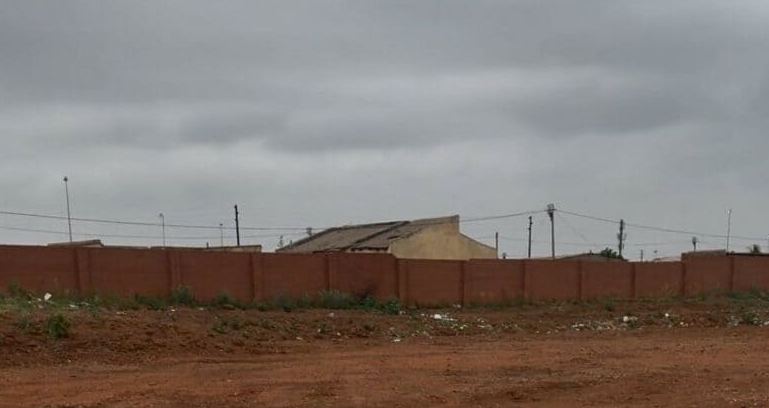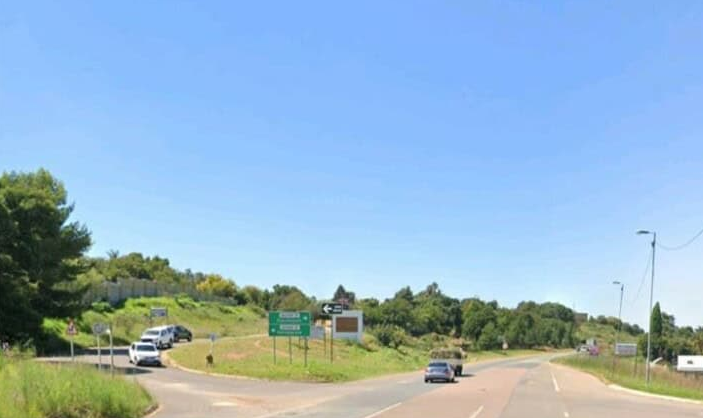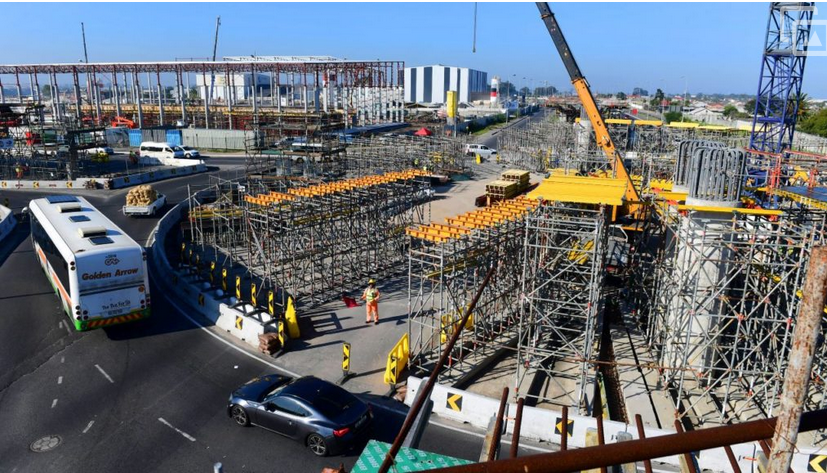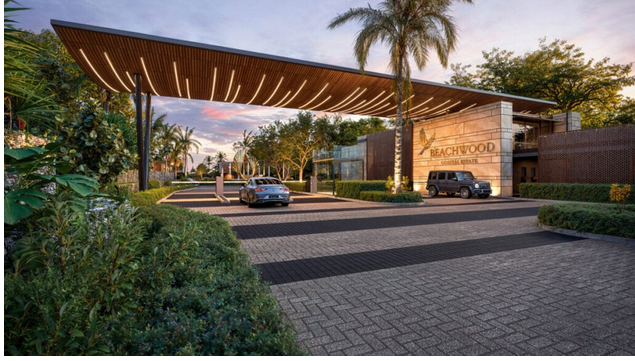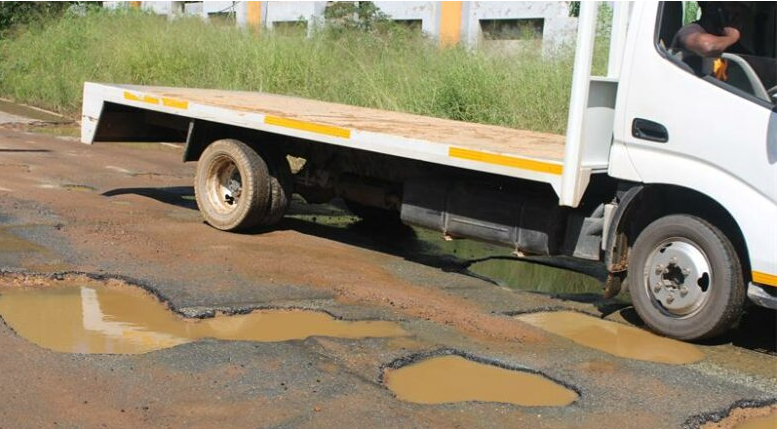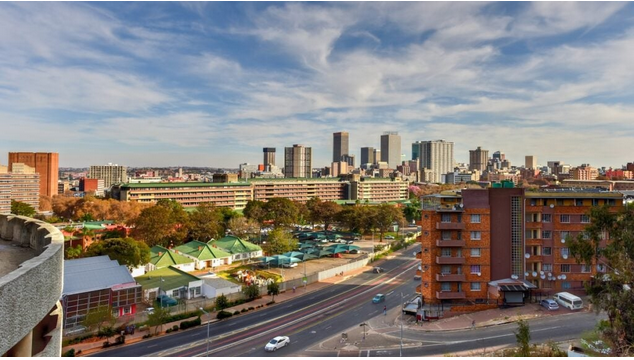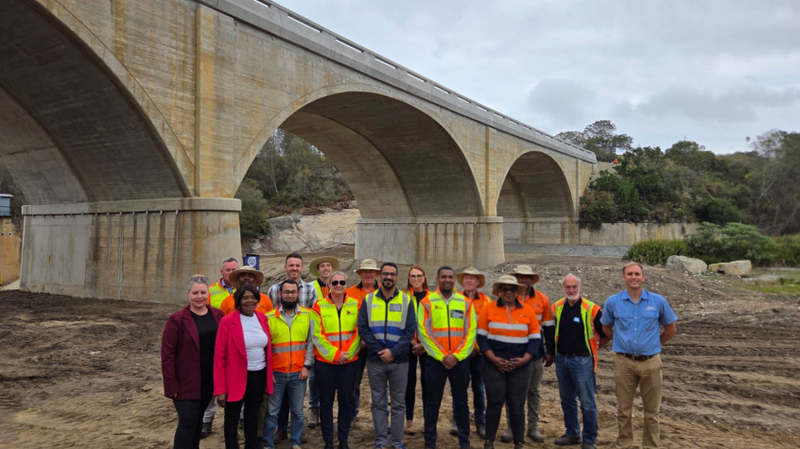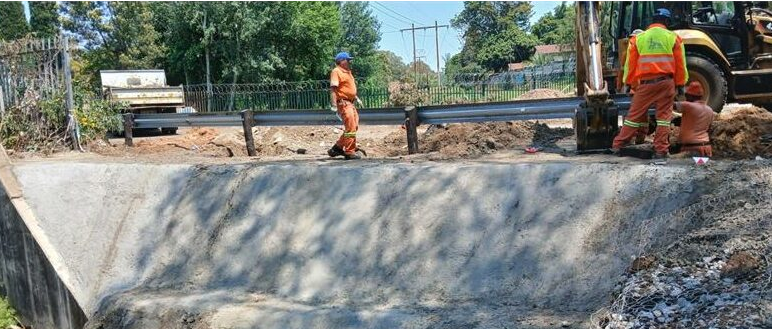Accountability and transparency in focus as Fairland gabion project crawls forward
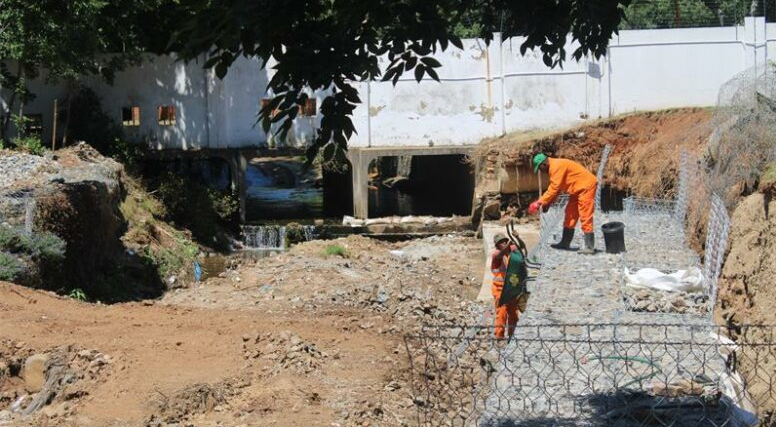
Advertising
29-10-2025
Read : 28 times
Northcliff Melville Times
Source
Limited progress on the Fairland project exposes broader issues across Johannesburg infrastructure projects.
Residents of Fairland Estate are growing increasingly anxious as delays continue to plague the R17m gabion construction project intended to protect their properties from erosion and flooding.
The Johannesburg Roads Agency’s (JRA) ongoing silence regarding the reasons behind cash flow issues has drawn sharp criticism from Ward 98 councillor Beverley Jacobs, who accused the entity of lacking transparency and accountability.
Launched in July 2025, the JRA-led project was designed to stabilise riverbanks and prevent erosion along the Fairland stream. Initially estimated to take five months, the work was expected to conclude before the onset of the rainy season. However, progress came to an abrupt halt in late September, and the timeline has since slowed significantly.
Although Small and Medium-sized Enterprises (SMMEs) were paid on October 15 and resumed work, operations have continued at limited capacity. The main contractor has reportedly not returned to the site due to outstanding payments, leaving only a handful of SMMEs carrying out minor on-site activities.
Additional work is still needed on the Fairland gabion project, with an expected completion date in November. Photo: Waydon Jacobs
According to Jacobs, this partial continuation does little to ease the growing frustration among residents. “At the time, I discovered that work had stopped completely,” she said. “It’s been almost two weeks now since activity resumed, but there’s been no formal explanation from JRA about what caused the delay.”
Jacobs believes the payments were not honoured as promised. “The city is ultimately liable because when JRA vets contractors, they should ensure there is sufficient cash flow.”
She emphasised that she has no role in the appointment of contractors, SMMEs, or local labourers, and that such decisions are handled entirely through JRA’s supply chain processes. “I immediately contacted the relevant JRA departments to get clarity,” she said. “Despite numerous follow-ups, including written communication, no official report or update has been provided. As councillors, our duty is oversight, and when entities don’t respond to us, they’re not responding to the residents.”
Arlene Mania: I am next to the construction. I am living in fear, with my house and safety compromised. We have lost our parkland, trees, birds, and a place for children to play. Work is very slow, especially after two weeks. Does not seem like there is a proper plan.
Brian Bucknall: My biggest fear is loss of lives or homes right before the rainy season starts. Please lets get going and save us.
Erika Joubert: At first, we were very excited about the project. They stopped working at some point, and the money matter was raised, which then dragged on for a week. Our excitement initially turned to confusion and frustration. We are responsible citizens, we pay our taxes and we expect certain levels of service.
Her concern now turns to the safety risks facing the community. “We’ve seen before how destructive the river can be in Fairland Estate.
This project was meant to be completed before the rains. JRA identified this as a high-risk site, which is why it was funded. The fact that it’s still nowhere near its completion is extremely worrying,” she said.
Shadow MMC for Transport and PR councillor for wards 95, 96, and 113, Sean Kreusch, echoed Jacobs’ frustration, saying Fairland’s challenges reflect a citywide problem. “What we’re seeing is a pattern of contractors struggling to meet their obligations and deadlines, especially now as the rains approach,” he said. “There’s a lack of maintenance strategy, poor contractor vetting, and a constrained budget – money that should go to essential works has been spent elsewhere.”
Kreusch revealed that R82m was redirected from the city’s stormwater budget this financial year to fund the Lillian Ngoyi project. “That decision has restricted the city’s ability to appoint contractors for other critical works,” he said. “It’s political choices, poor maintenance, bad contract management, and cash flow — all combined.”
From an oversight perspective, Kreusch warned that the consequences could be devastating. “Stormwater is a serious matter. Whether in the suburbs or low-lying townships, people will suffer if infrastructure fails,” he said. “Half of the annual stormwater allocation has gone to Lillian Ngoyi. We’ve halved capital expenditure over nine years, and now we’re halving stormwater allocations again. It just doesn’t make sense. By December, when the heavy rains come, there will be significant runoff through this river, and the embankments aren’t ready.”
JRA confirmed on September 16 that the publication’s media query was sent to their project manager for official comment. Updates will be provided once comment is received.
Recent News
Here are recent news articles from the Building and Construction Industry.
Have you signed up for your free copy yet?
